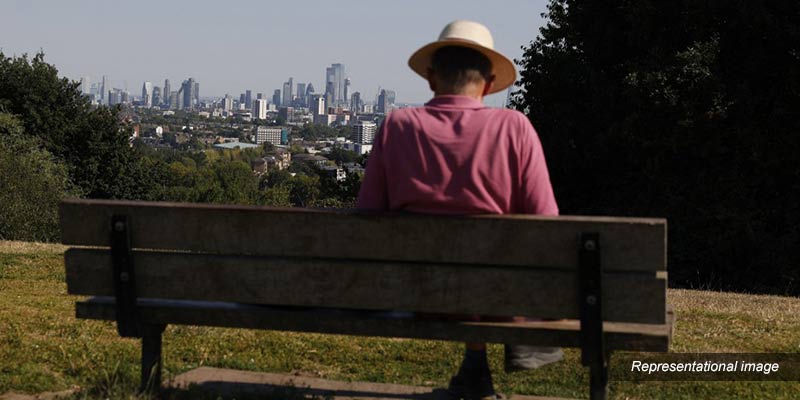- World
- Nov 17
WHO launches commission to foster social connection
The World Health Organisation (WHO) has announced a new Commission on Social Connection to address loneliness as a pressing health threat.
It aims to promote social connection as a priority and accelerate the scaling up of solutions in countries of all incomes.
Why social isolation can be a health threat?
• Social isolation — having an insufficient number of social connections, and loneliness — and the social pain of not feeling connected, are widespread.
• Contrary to the perception that isolation and loneliness primarily affect older people in high-income countries, they impact the health and well-being of all age groups across the world.
• One in four older people experience social isolation and the rates are broadly similar in all regions.
• Among adolescents, between 5-15 per cent experience loneliness, according to research findings.
• High rates of social isolation and loneliness around the world have serious consequences for health and well-being.
• Lack of social connection carries an equivalent, or even greater, risk of early death as other better-known risk factors — such as smoking, excessive drinking, physical inactivity, obesity, and air pollution.
• Social isolation also has a serious impact on physical and mental health. Studies show that it has been linked to anxiety and depression and can increase risk of cardiovascular disease by 30 per cent.
• Social disconnection also can lead to poorer education outcomes. Young people experiencing loneliness in high school are more likely to drop out of university.
• It can also lead to poorer economic outcomes. Feeling disconnected and unsupported in your job can lead to poorer job satisfaction and performance.
• People without enough strong social connections are at higher risk of stroke, anxiety, dementia, depression, suicide and more.
• Social isolation and loneliness are increasingly being recognised as a priority public health problem and policy issue for older people.
• Social isolation and loneliness do not just harm individuals. They also have a negative impact on entire communities and societies.
• Research shows that their safety, prosperity, and effective governance depend greatly on the quality of the social connections within its neighbourhoods, workplaces, and schools.
Initiatives to reduce isolation
• Promising solutions exist to reduce social isolation and loneliness, ranging from broad national policies to psychological interventions for individuals.
• A wide variety of face-to-face or digital interventions have been developed to reduce social isolation and loneliness among older people.
• These include social skills training, community and support groups, befriending, and cognitive behavioural therapy.
• Creating more age-friendly communities, by improving access to transportation, information and communication technologies and the built environment, can also help reduce social isolation and loneliness.
• Laws and policies that address marginalisation and discrimination can also foster greater social connection.
What is the purpose of Commission on Social Connection?
• Co-chaired by US Surgeon General Dr.Vivek Murthy, and African Union Youth Envoy Chido Mpemba, the Commission consists of 11 leading policymakers, thought leaders and advocates.
• Running for three years, it will analyse the central role social connection plays in improving health for people of all ages and outline solutions to build social connections at scale.
• The Commission will consider how connection enhances the well-being of our communities and societies and helps foster economic progress, social development, and innovation.
• The Commission will define a global agenda on social connection, raising awareness and building collaborations that will drive evidence-based solutions for countries, communities and individuals.
• The Commission on Social Connection, supported by a Secretariat based at WHO, will hold its first leadership-level meeting from December 6 to 8. The first major output will be a flagship report released by the mid-point of the three-year initiative.
Manorama Yearbook app is now available on Google Play Store and iOS App Store


